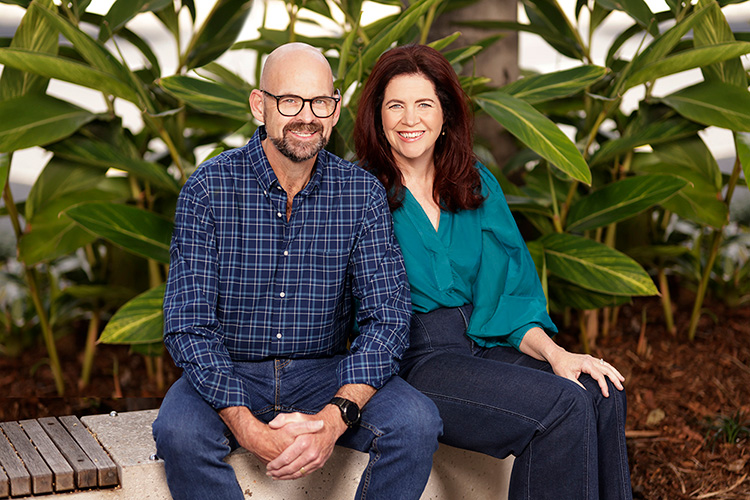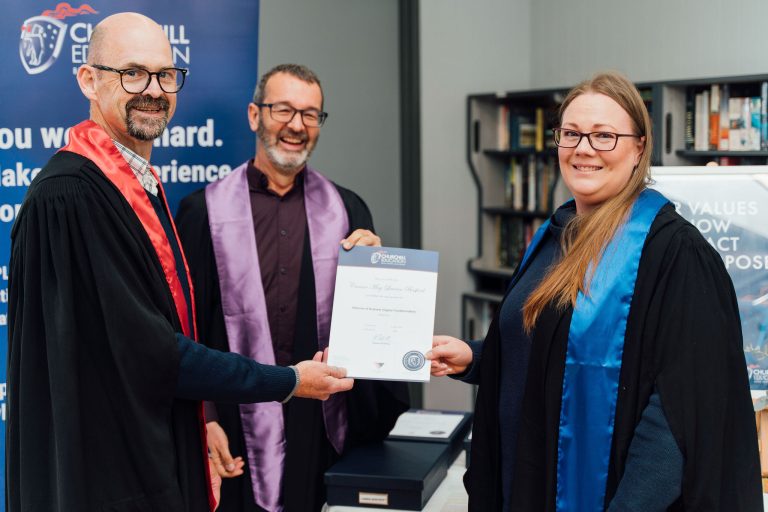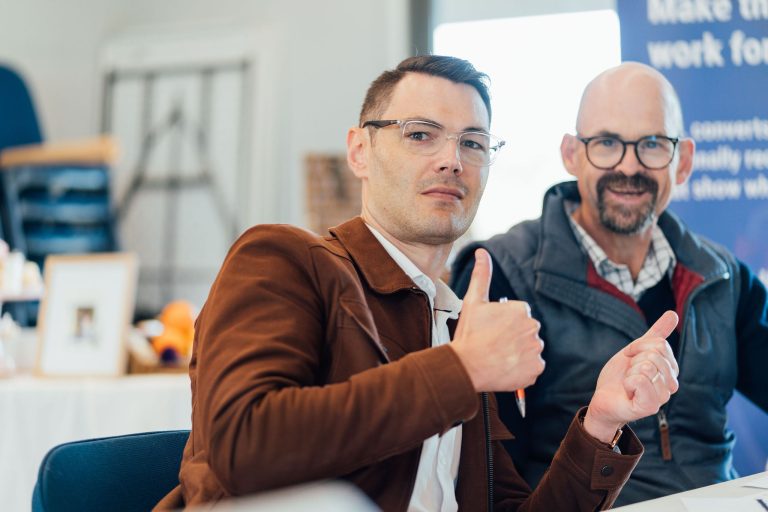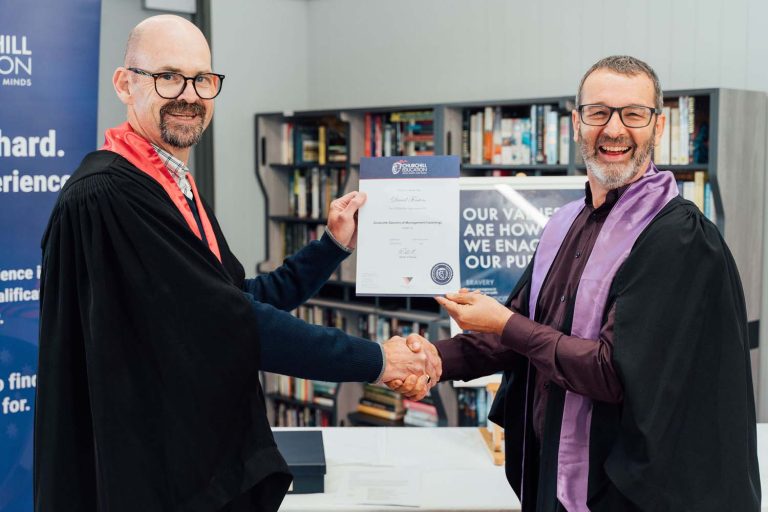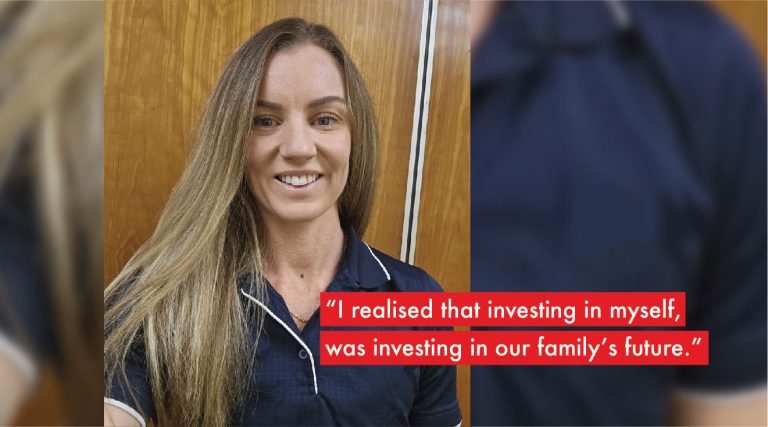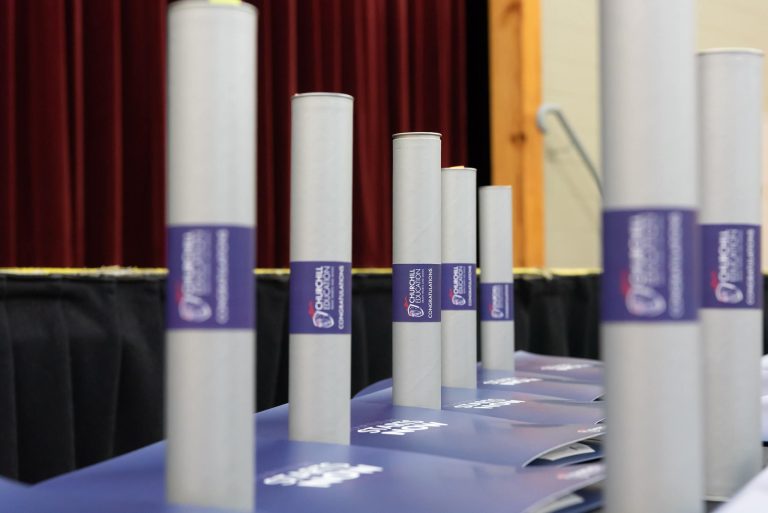Rhese days, the mention of a ‘career for life’ usually results in a few raised eyebrows and sniggering behind hands. Because it just doesn’t exist, right?
As Forbes reports, ninety one per cent of millennials (people born between 1977 and 1997) expect to remain in any job for no more than three years. That means they expect to have between 15 to 20 jobs throughout their working life. With figures like that it’s unlikely these people expect to remain in the same, focused career for all of these positions. And it makes career guidance all the more important.
On one hand, this low expectation of career stability allows people to move freely between careers if they wish, without the old-fashioned suspicion such moves would arouse twenty years ago.
Yet, what about those individuals who either seek to find their success in a long term career, or those who are mid-career and very much plan to keep the same career alive and kicking right through until retirement?
The question for these people is whether it’s still possible, in such a fickle environment, to build and keep a solid, long term career?
Find out what you’re eligible for
I say the answer is yes, on condition you have a plan and some career guidance. On condition you’re aware of the skills, over and above your specific job requirements, that you will need to develop to keep your career fresh for both yourself and also for the people you work with.
The following excerpt from an article originally featured on blog.rozee.pk, gives some brilliant tips on the skills you can develop to create a longer, more satisfying career:
1. Career Planning
Career guidance is your first step in planning your career. Taking the time to sit down with someone who will help you identify what you really want in your career and then work with you to devise a plan to get there will really boost your career prospects.
2. Effective Communication
You are going to need to communicate effectively in order to build your career. That means you need to be able to represent yourself well in all aspects of communication – how you speak, how you write and what you let speak for you. These days, LinkedIn speaks for you even more strongly than your resume. Ensuring your qualifications match your experience on your LinkedIn profile and your resume ensure your message as to career suitability is consistent.
3. Career Networking
Connect with people at your workplace and in your broader industry. Take the time to connect with your customers and clients, and with your Alumni, those who have graduated from the same academic organisation as you did.
4. Suitable Flexibility
Careers change and so do you. Our managing director, Randall Smith, is a classic example of the importance of being flexible in your career planning and career management. When diagnosed with post-traumatic stress disorder, Randall had to give up one career and find another which aligned with his overall values and goals. This is where the career guidance of our Recognition of Prior Learning advisors really pays off – matching your existing skills and knowledge with other pathways that can boost your career.
5. Continue Learning
We never stop learning, not ever. Every day, we have the opportunity to extend ourselves in our career and put ourselves in the position to learn something more. If we are smart, we will turn this continuous learning into an asset for our career.
These are great tips, but leave one question unanswered: What if I have a lot of on-the-ground experience but no formal qualifications to really prove my level of skill to contact or potential new employers? What happens then? How can I prove my level of expertise in my career without studying something I already know how to do?
Recognition of Prior Learning, or RPL, is a little known tool that can gain you the nationally recognised qualifications for which you already have the skills for, in a very short time, without having to study at all. It all relies on evidence of your previous work experience. You can prove your level of skill and secure that career further without spending the time or money on going back to college.
If you’d like to find out a little more about Recognition of Prior Learning, give Churchill Education a call on 1300 793 002.

